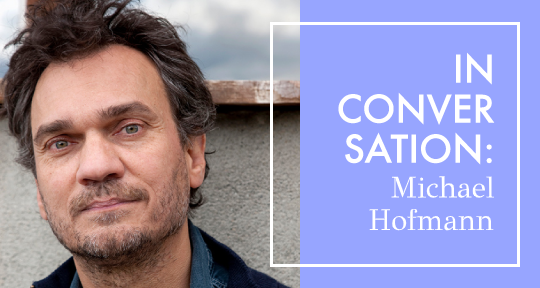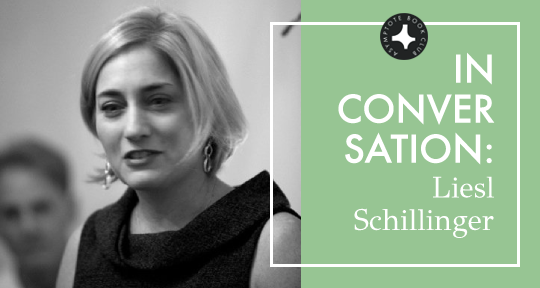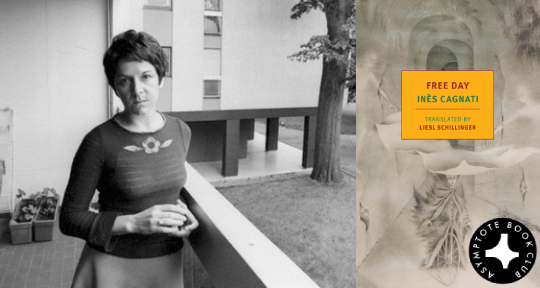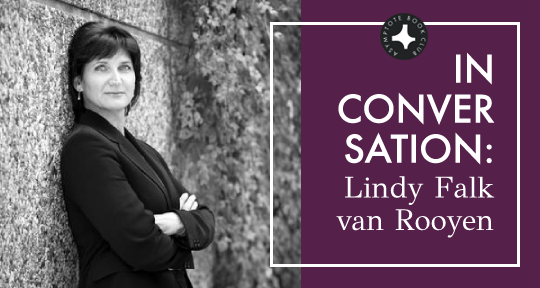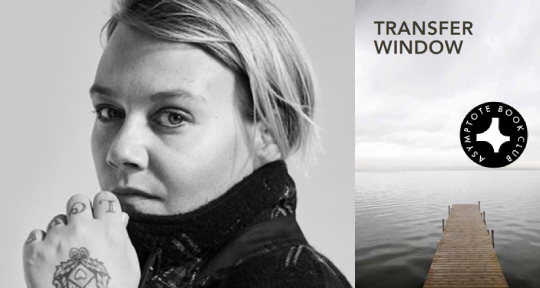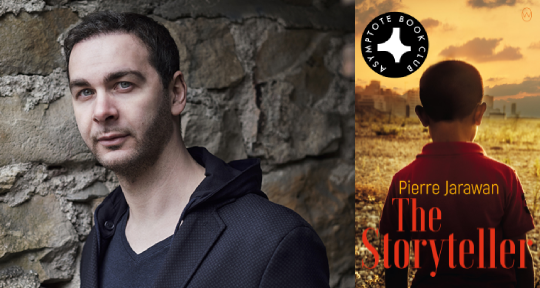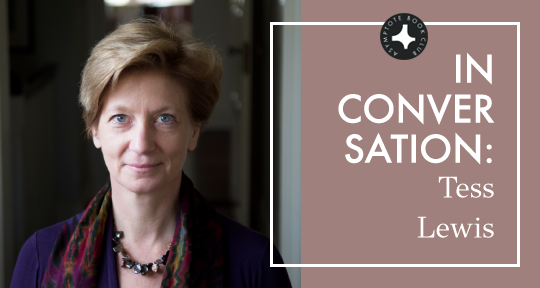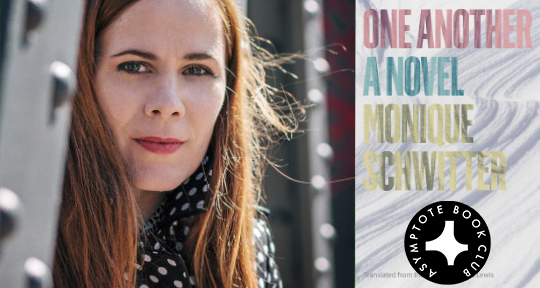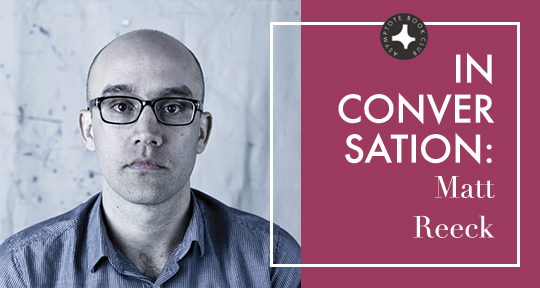Renowned Catalan author Mercè Rodoreda’s tender and meditative novel, Garden by the Sea, was our February Book Club selection. An essential name in postwar Catalan literature (and past Asymptote contributor), Rodoreda’s immersive yet subtle language is beloved for its captivating lyricism and simple, poignant depictions of everyday life. In these chaotic days, when many of us are looking to literature for comfort, the patient world of Garden by the Sea offers a quiet reprieve. In the following interview, assistant editor Alyea Canada speaks to the translators, Martha Tennent and Maruxa Relaño, a mother-daughter duo with a unique process and an unceasing admiration for Rodoreda’s singular style.
The Asymptote Book Club aspires to bring the best in translated fiction every month to readers around the world. You can sign up to receive next month’s selection on our website for as little as USD15 per book; once you’re a member, you can join the online discussion on our Facebook page!
Alyea Canada (AC): This is the second book by Mercè Rodoreda that you two have translated together. What drew you both to Rodoreda’s work in general and Garden by the Sea specifically?
Martha Tennent (MT): This is indeed the second Rodoreda novel we have translated together, since in 2015, Open Letter published our translation of her novel War, So Much War. I have always been an admirer of Rodoreda’s work, and for many years my apartment in Barcelona was just a couple of blocks from where she was born and grew up, in the Sant Gervasi neighborhood that figures in many of her short stories and in Garden by the Sea.
I started publishing translations of a few of her short stories, and that led, in 2009, to my translating her Death in Spring for Open Letter. At that time, I would say almost no one in the United States had heard of Mercè Rodoreda. Death in Spring is such a brutal, haunting book, but at the same time it is lyrical and painfully beautiful. Neither I nor Open Letter expected the book and the author to gain the following they have. It’s been amazing. Then I received a grant from the National Endowment for the Arts to translate her stories, also with Open Letter. And then came the two commissions to translate jointly her War, So Much War, and now Garden by the Sea. No one has done more to promote the work of this exceptional writer than Open Letter.
Maruxa Relaño (MR): The chance to translate Rodoreda was a treat to say the least. Garden by the Sea is my favorite of her novels. I like the unhurried melancholy that imbues the writing; you can open the book wherever you choose and find yourself in a Mediterranean villa in the middle of one “long hot summer,” with its occupants wandering about aimlessly, sunning themselves and squabbling on the veranda, a life of perpetual waiting, where as you mention, nothing seems to happen and much goes unsaid. We were especially drawn to Garden by the Sea for the vision of behind-the-scenes domesticity provided by the quiet, observant gardener, and the slowly developing unease and intrigue as the protagonists move gently toward catastrophe. In my opinion, it’s the perfect novel for a digital detox . . . or a quarantine. READ MORE…



